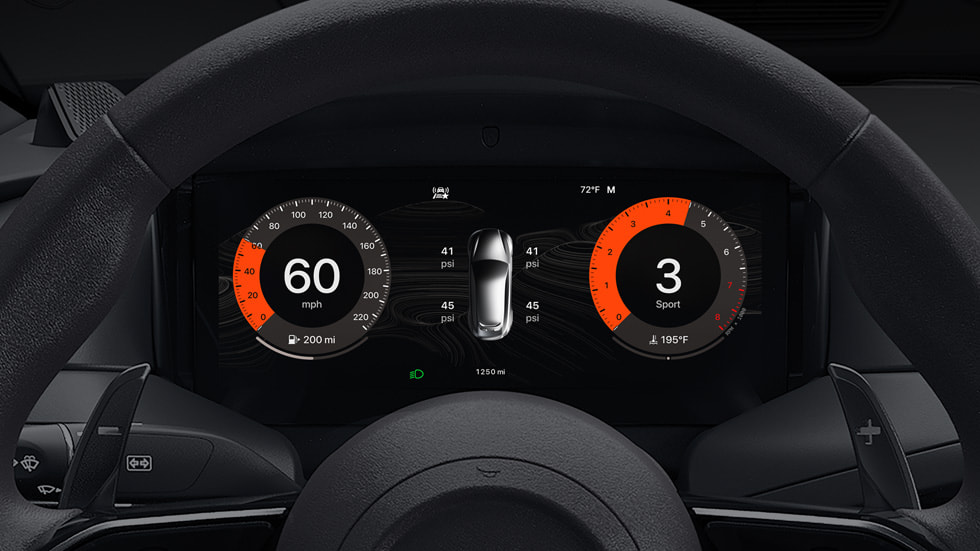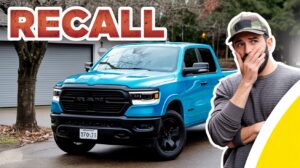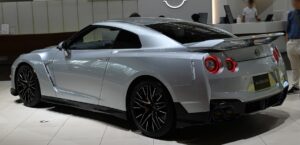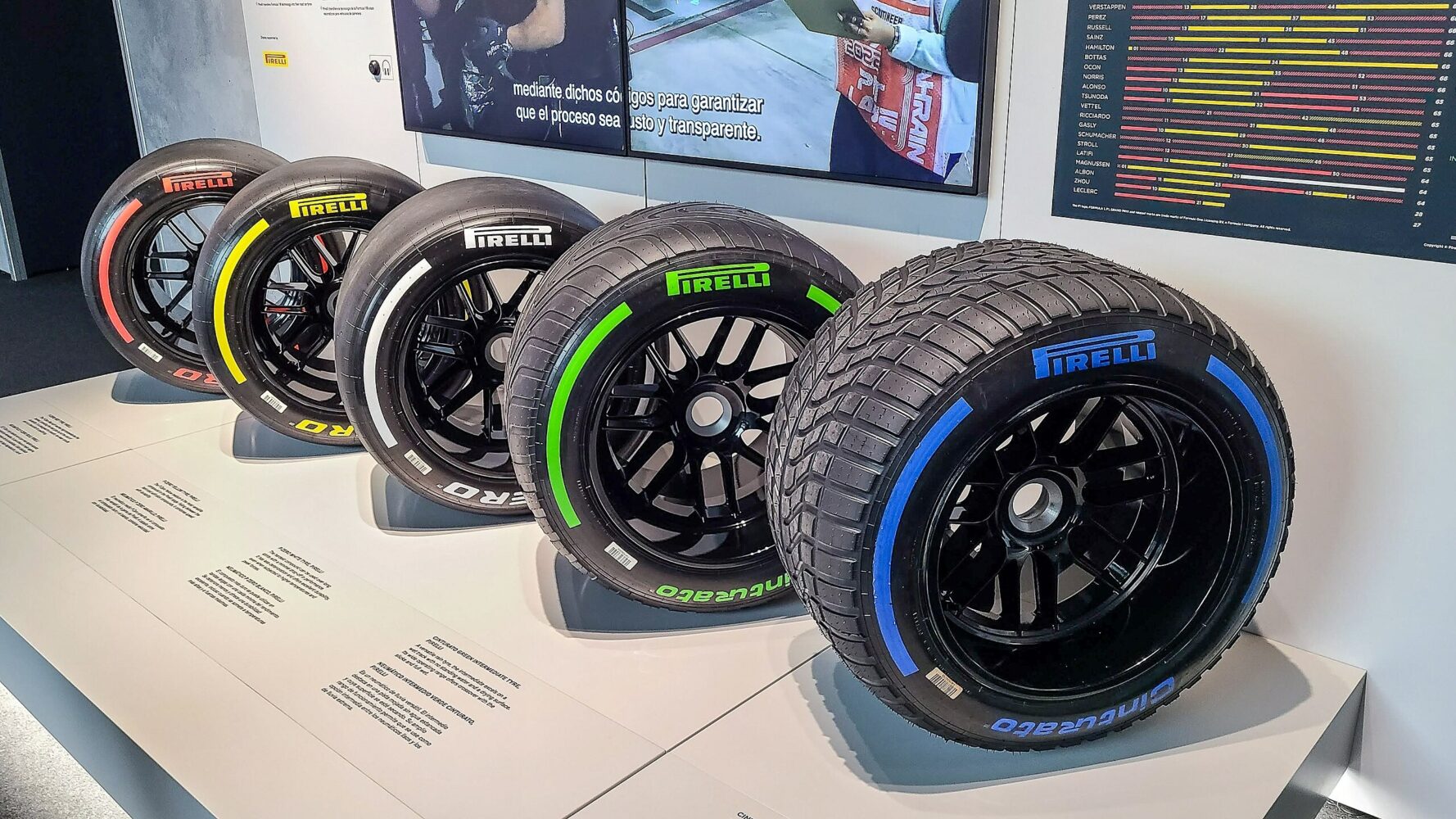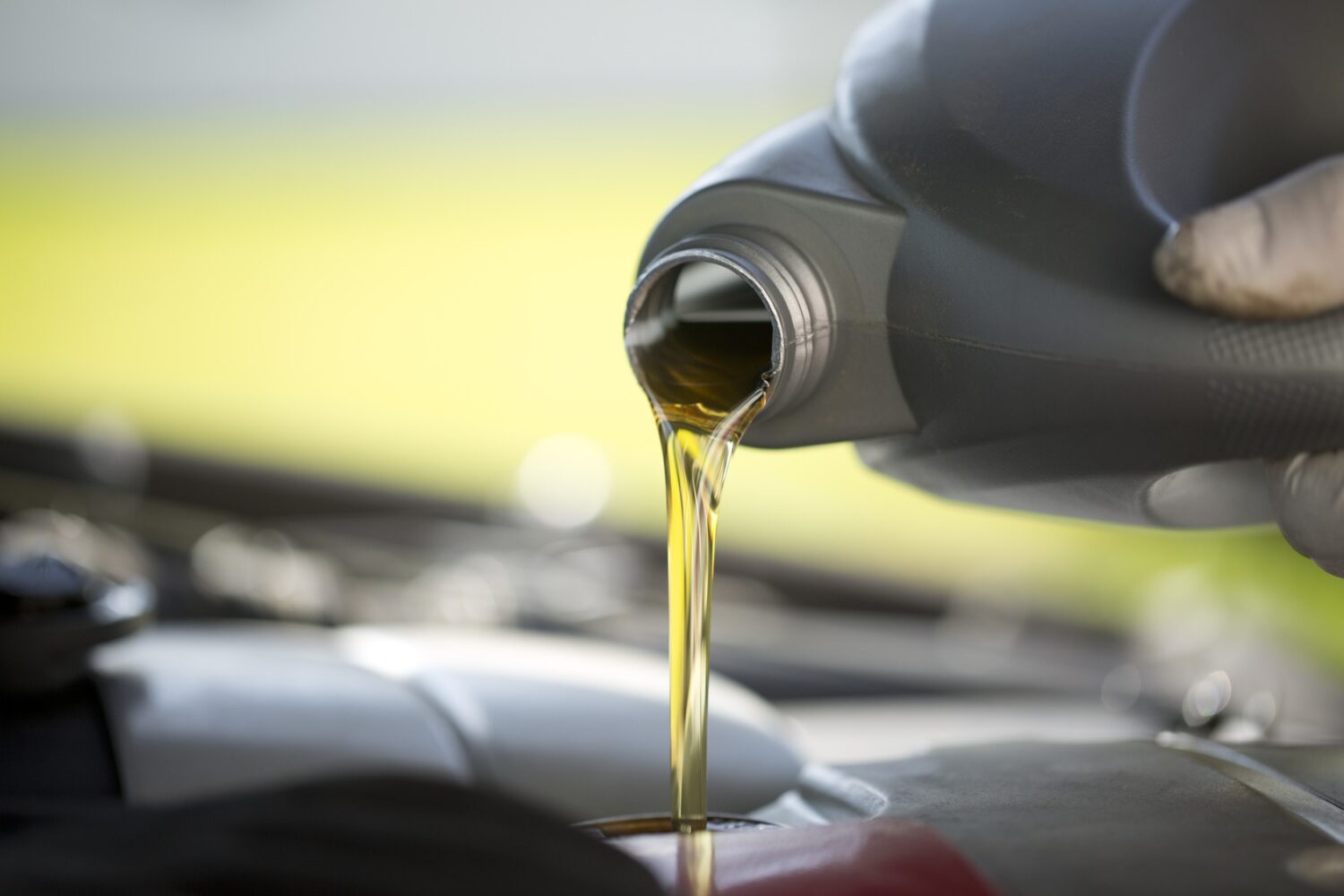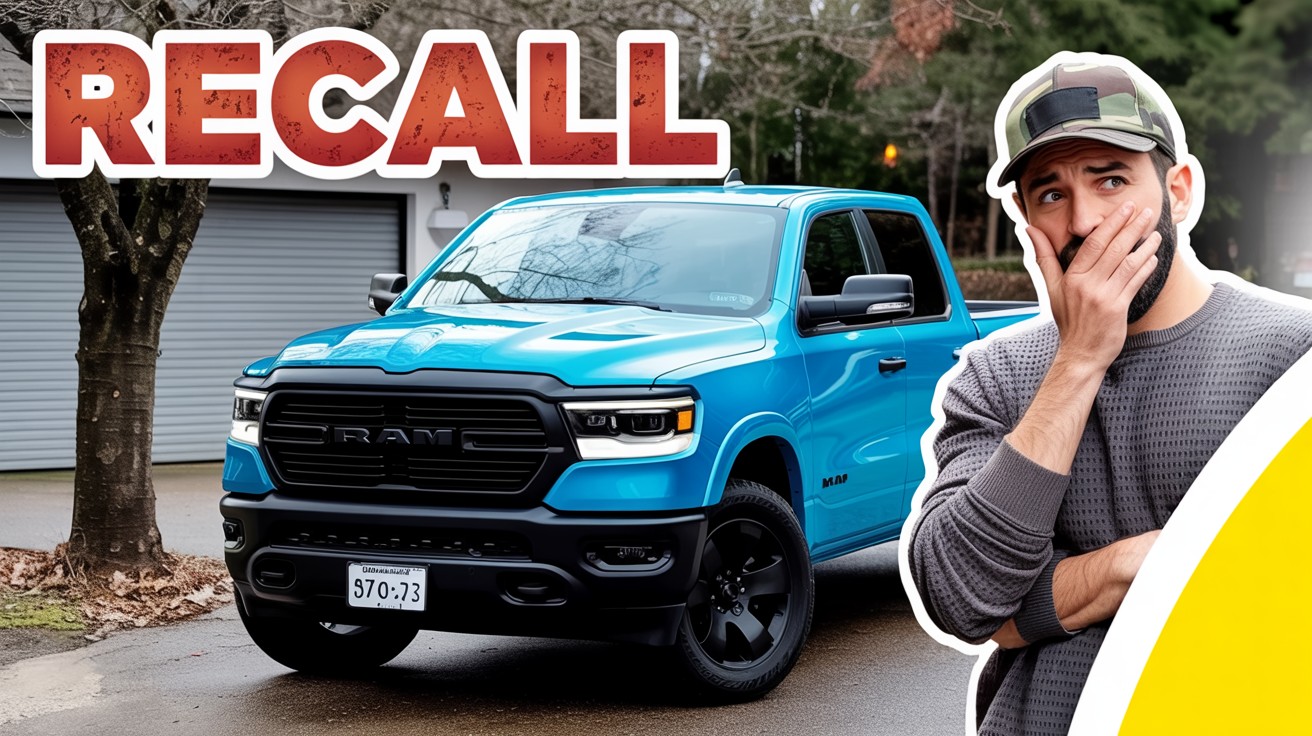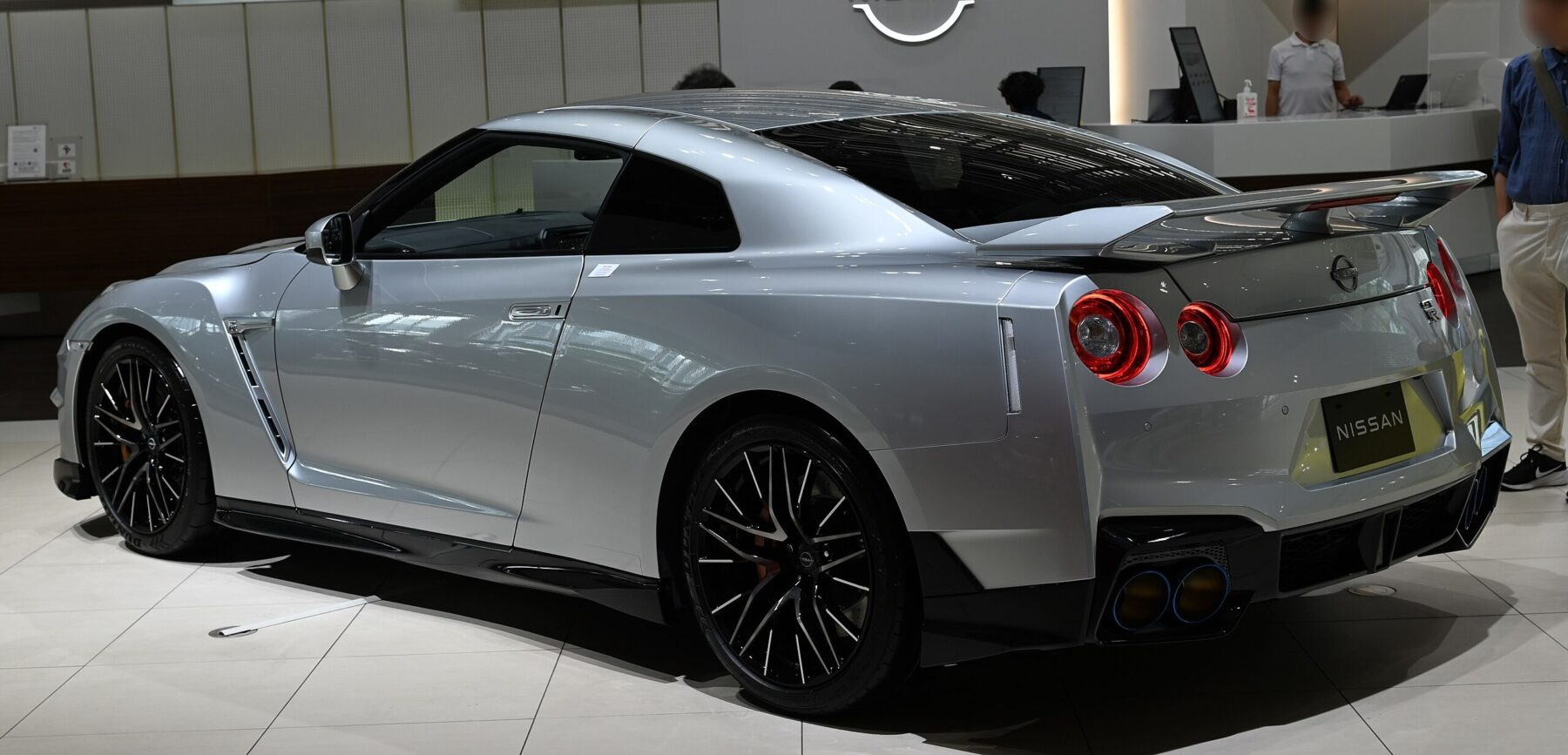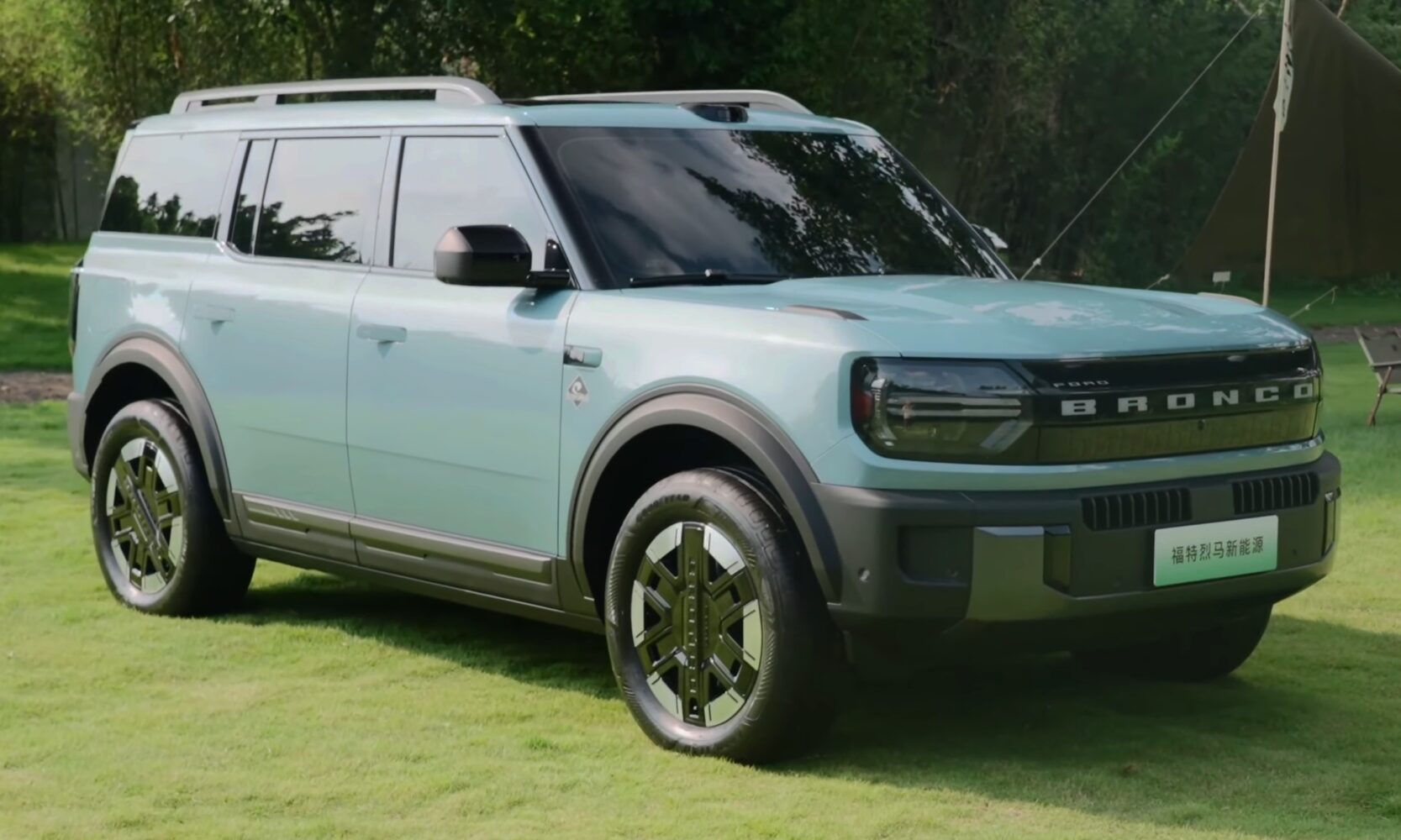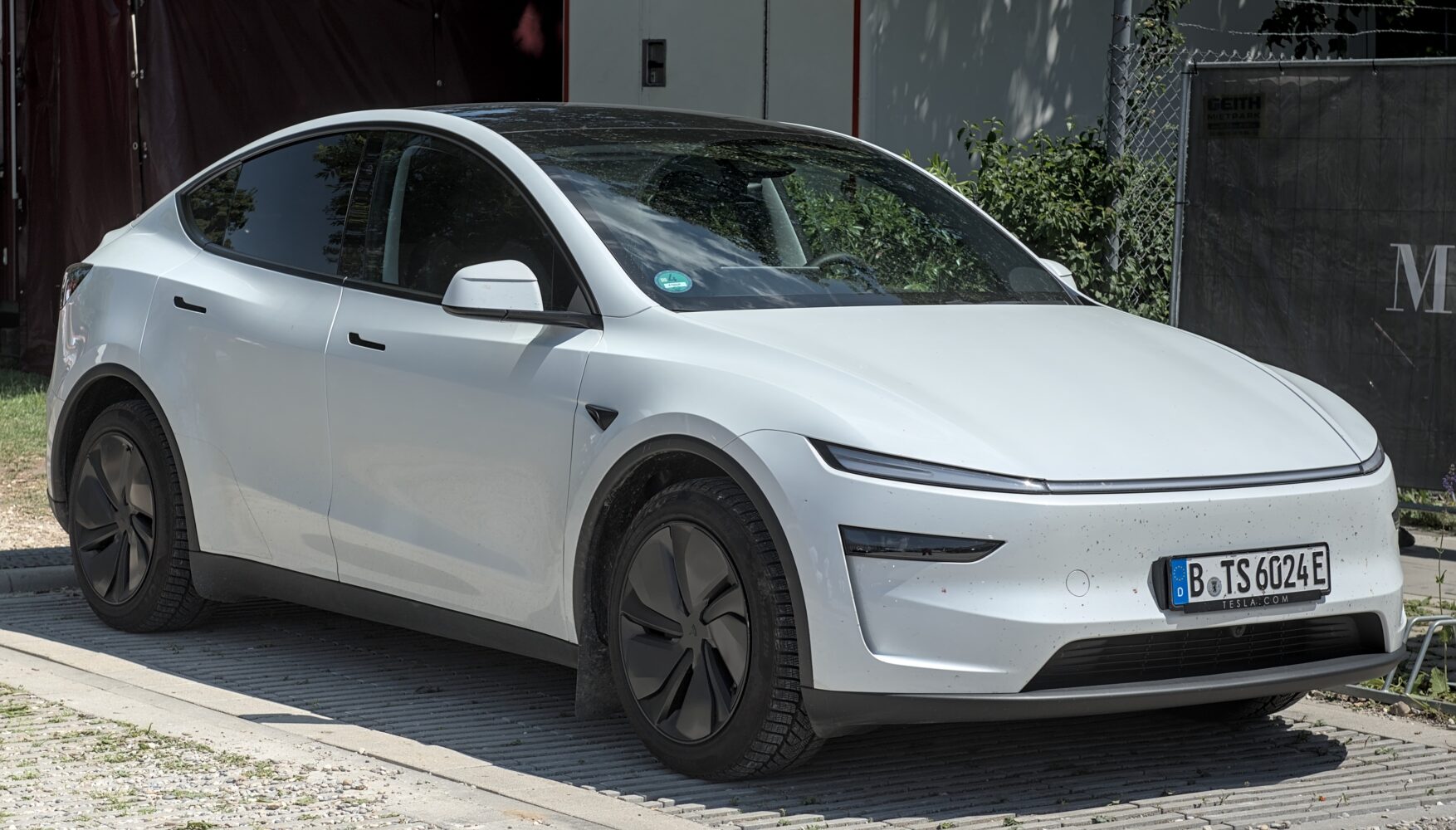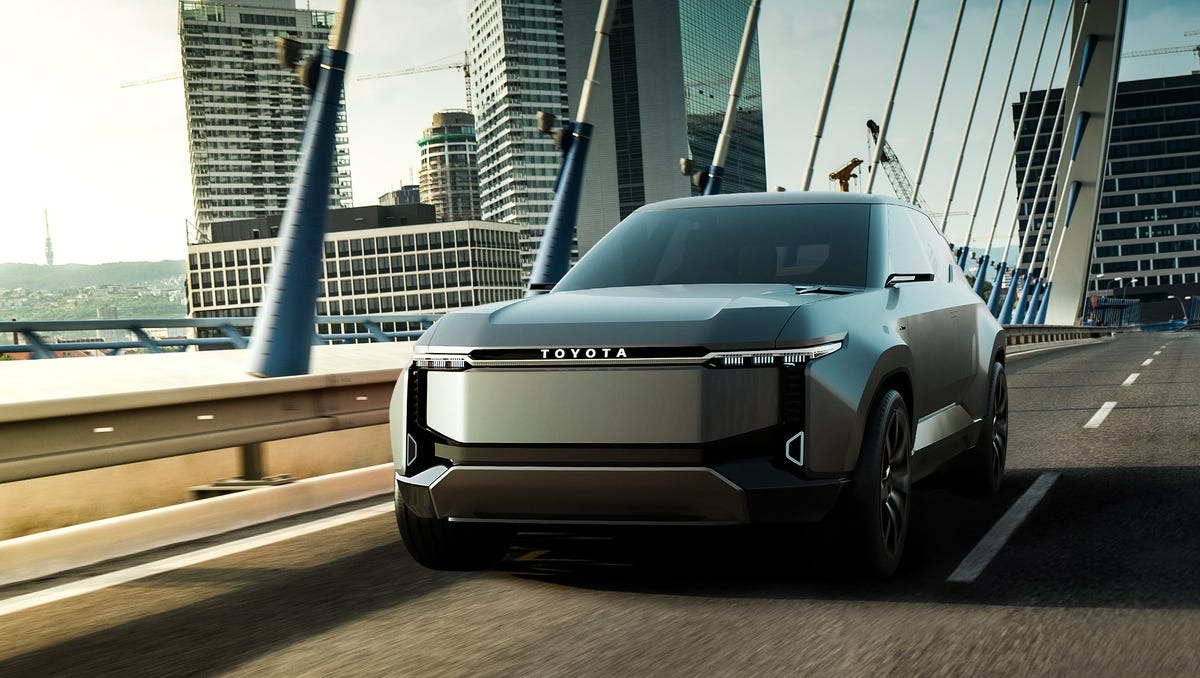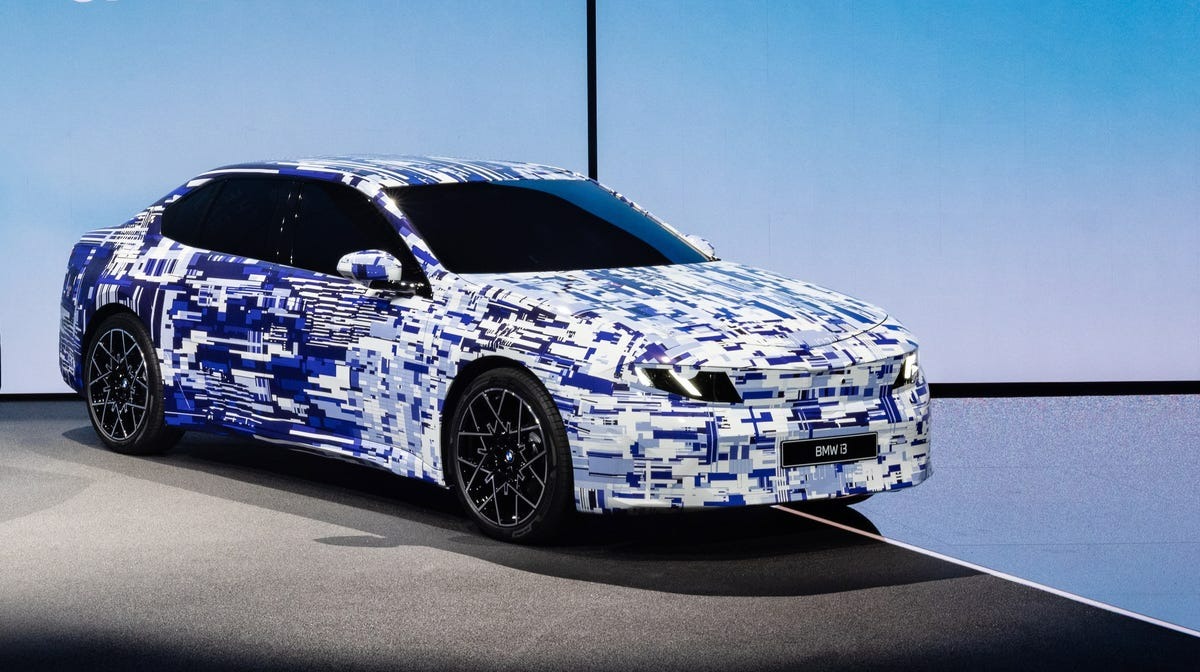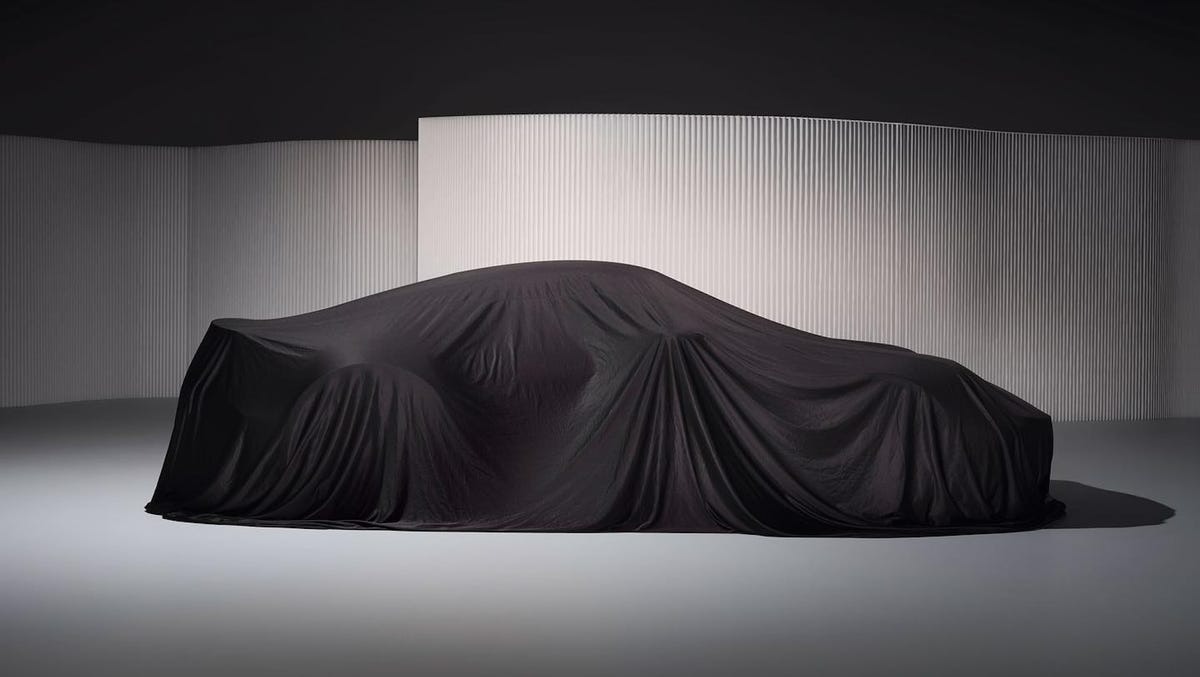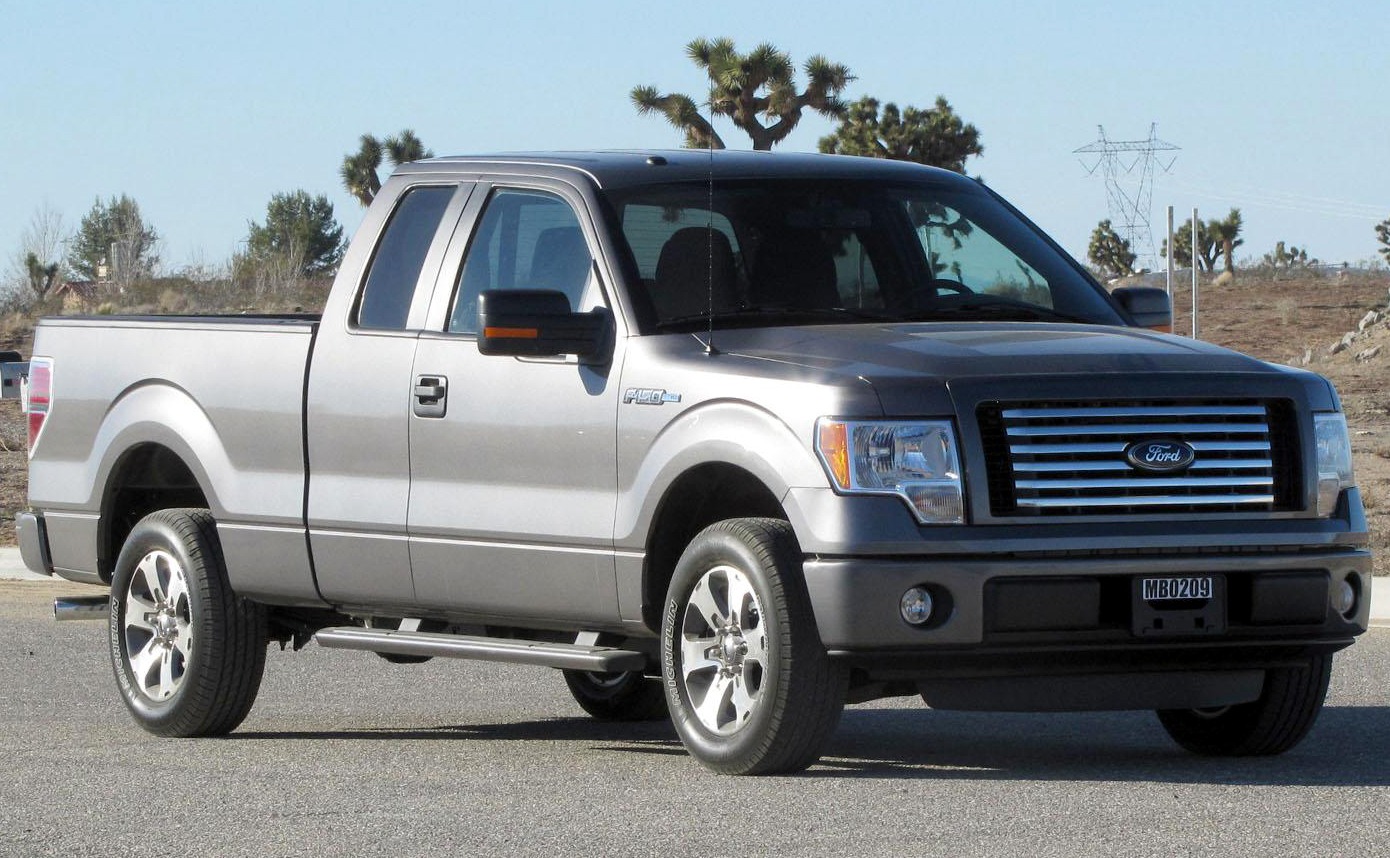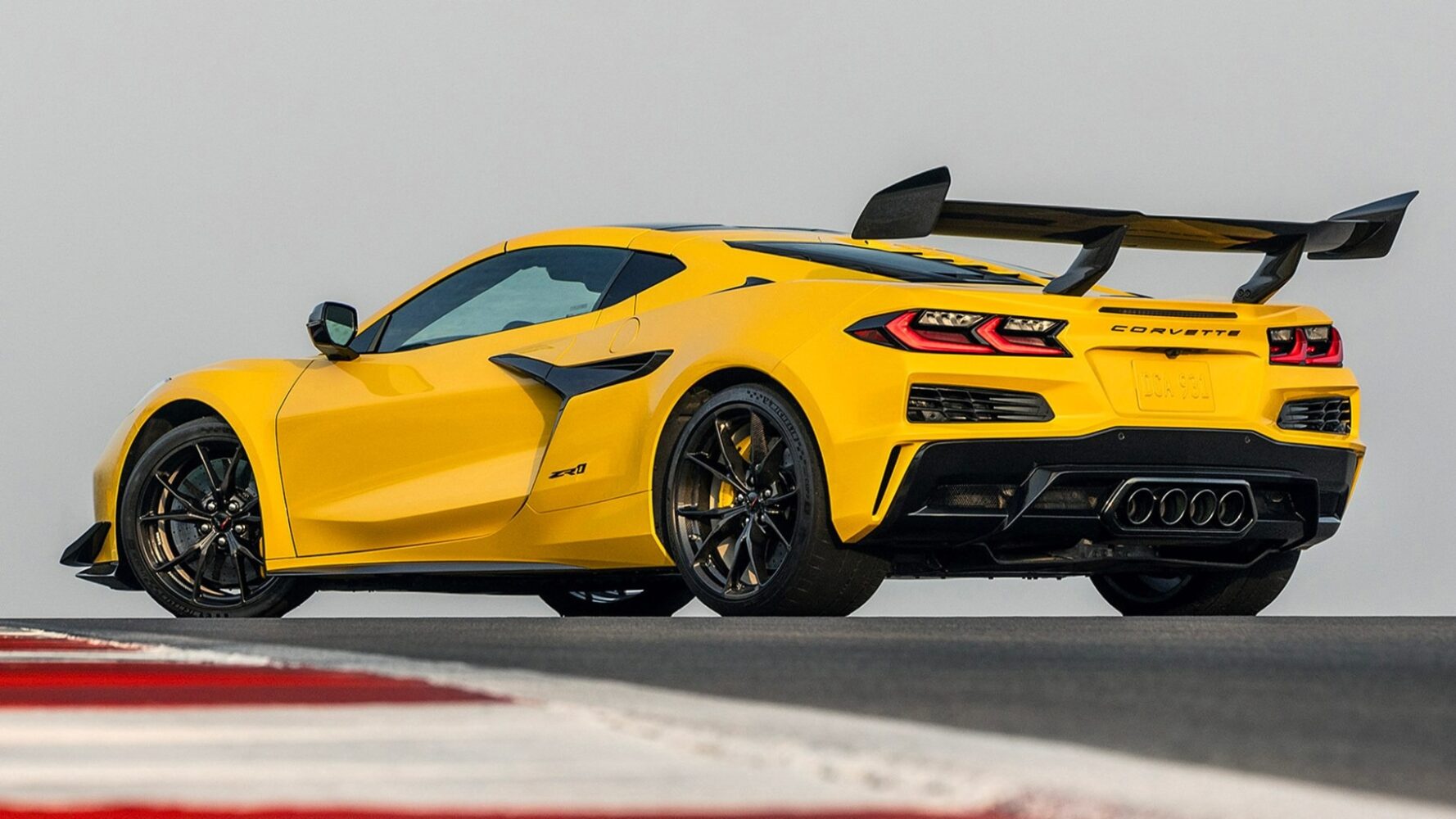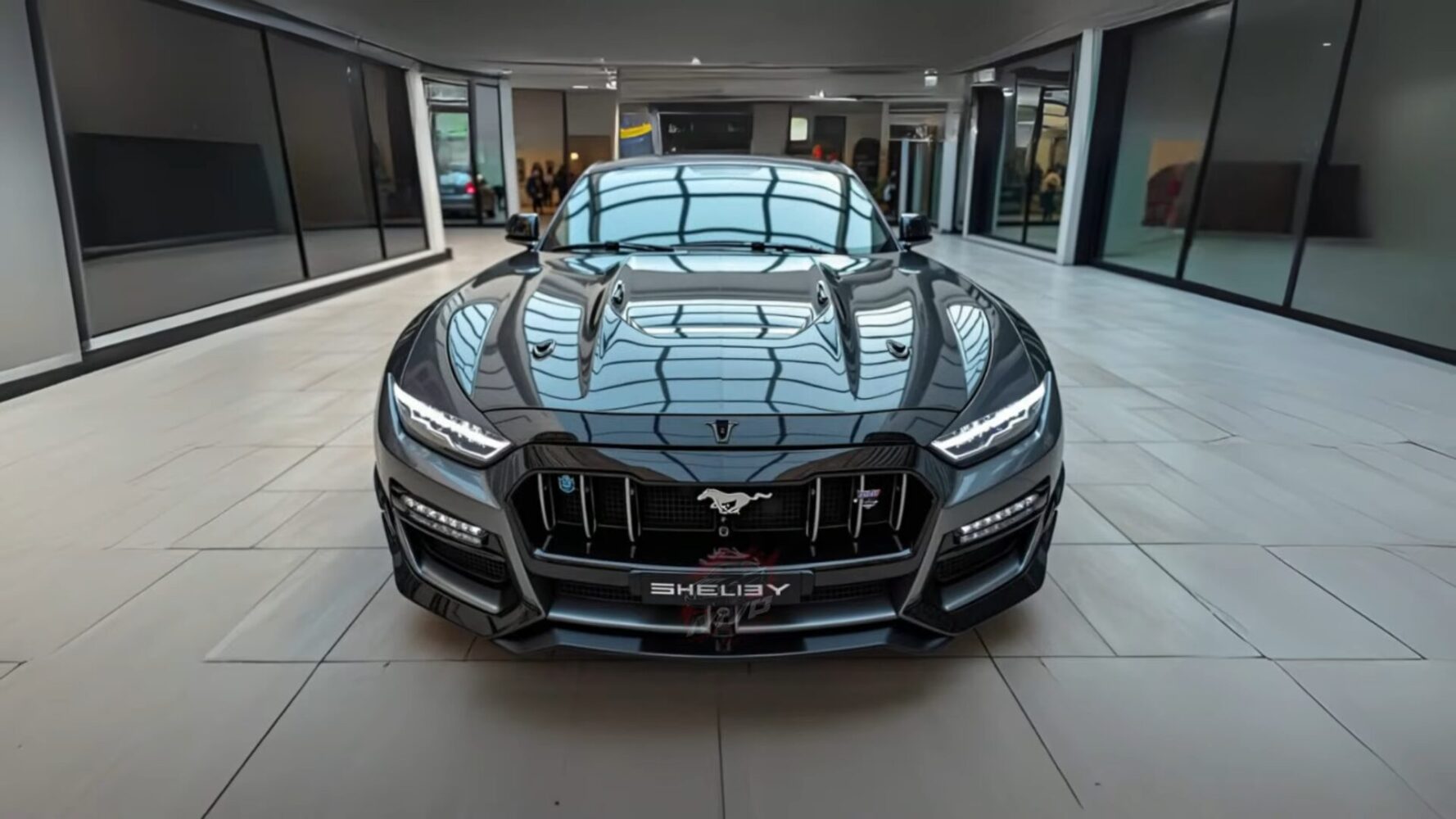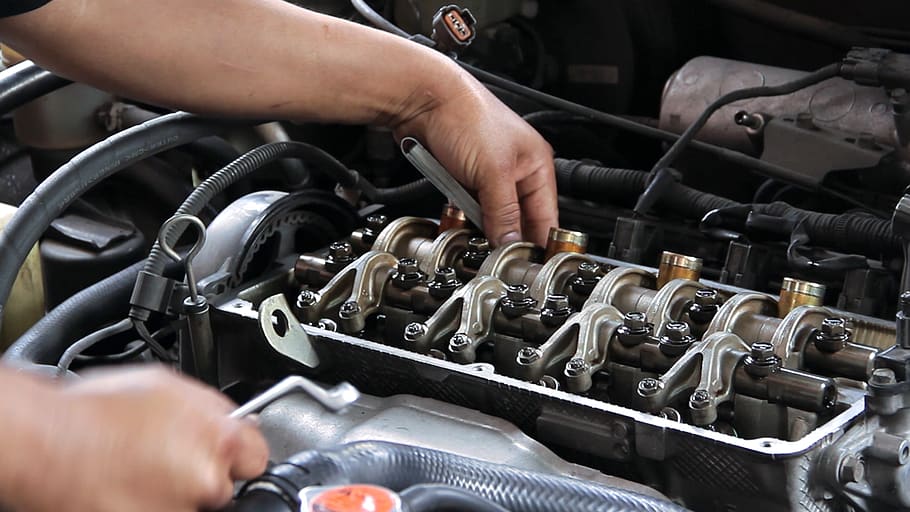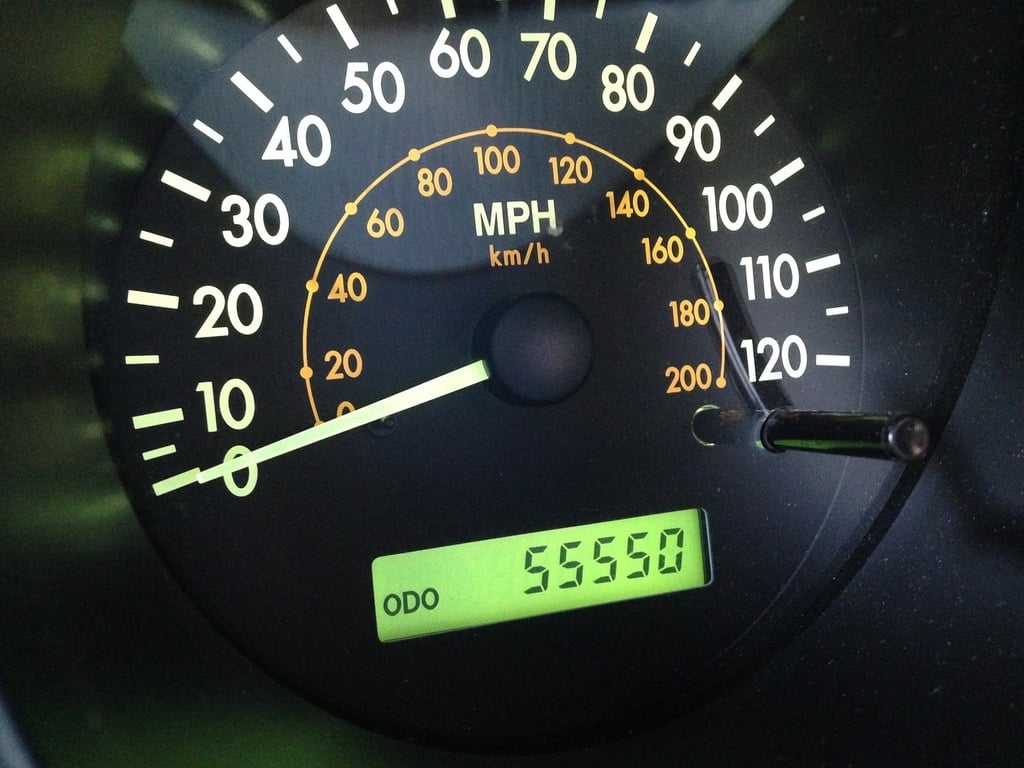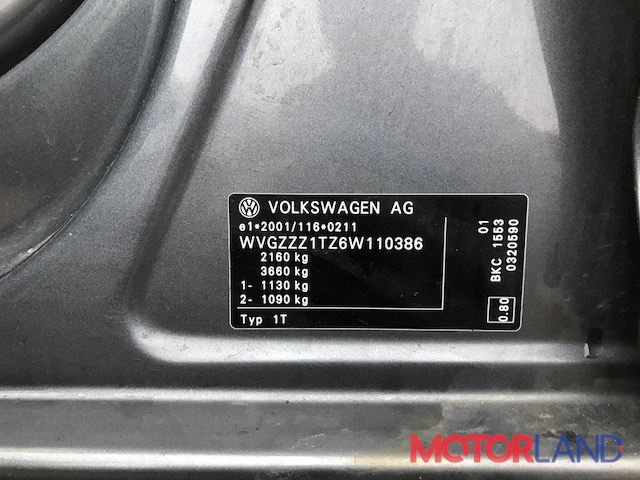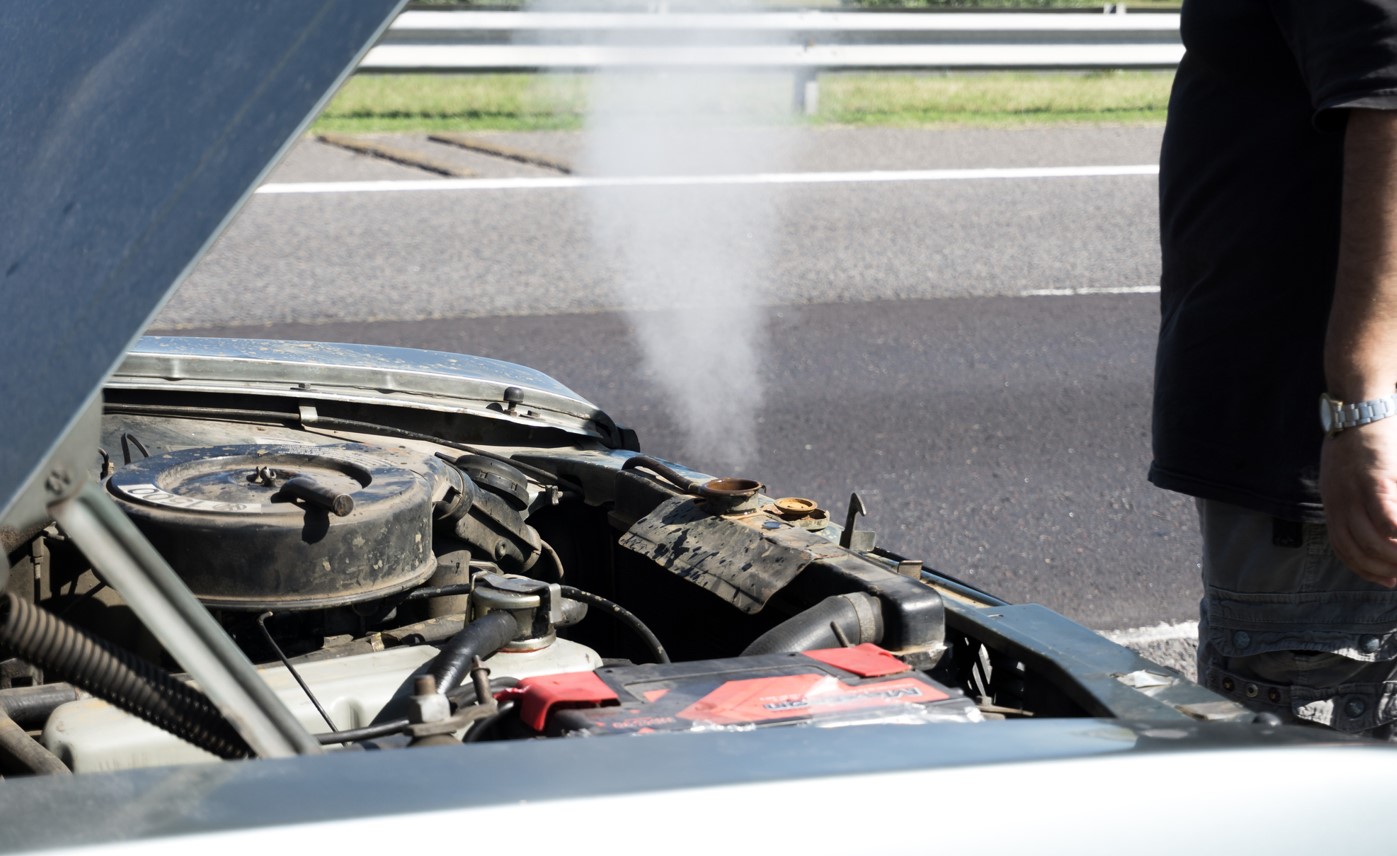Apple’s dashboard takeover has hit a wall thicker than a Tesla Cybertruck‘s steel panels. CarPlay Ultra launched in May 2025, promising total vehicle integration, but heavyweight automakers are slamming the brakes harder than a Model S Plaid hitting emergency stop mode. German luxury titans Mercedes-Benz and Audi have ghosted the system faster than your ex on Instagram, along with Volvo, Polestar, and Renault. This marks a dramatic retreat from Apple’s 2022 announcement featuring 14 committed automakers.
Control represents something more precious than rare earth metals in this industry battle. Standard CarPlay behaves like a well-trained house guest, confined to the center touchscreen. CarPlay Ultra acts like that friend who rearranges your kitchen during a dinner party, commanding your speedometer, tachometer, fuel gauge, and climate controls under Apple’s interface design philosophy.
Mercedes-Benz leadership has since expressed a lack of willingness to let Apple take over its software experience. Audi chose to protect its newly introduced MMI interface rather than hand over dashboard real estate to Cupertino. Think Netflix refusing to stream on someone else’s platform while keeping all the subscriber data—except this time, it’s your car’s brain.
Financial stakes explain everything automakers are protecting. In-car data represents the new oil for subscription services and digital revenue streams, where every climate adjustment, route preference, and music choice feeds algorithms worth billions. CarPlay Ultra threatens that goldmine by inserting Apple between automakers and customers’ behavioral patterns.
Currently, only Aston Martin ships CarPlay Ultra in production vehicles as a differentiator. Small manufacturers lack the resources to build competitive native platforms, making Apple’s engineers their best friends when selling 6,000 cars annually instead of 6 million. Mass-market automakers face different math, employing software teams capable of creating differentiated experiences that surrendering to Apple would eliminate.
Consumer preferences complicate this corporate chess match with overwhelming CarPlay adoption. Apple claims 98% of new US cars include standard CarPlay, generating over 600 million daily uses. McKinsey research shows that 50% of buyers won’t consider vehicles without CarPlay or Android Auto integration, creating pressure that automakers can’t ignore.
Hyundai, Kia, and Genesis remain committed partners while Porsche signals future support. Ford and Nissan have gone silent on CarPlay Ultra plans, and BMW confirmed it will stick with standard CarPlay, like choosing diet soda when someone offers premium whiskey. Technical requirements create another adoption barrier since CarPlay Ultra demands an iPhone 12 or later running iOS 18.5, fragmenting the user base before launch.


